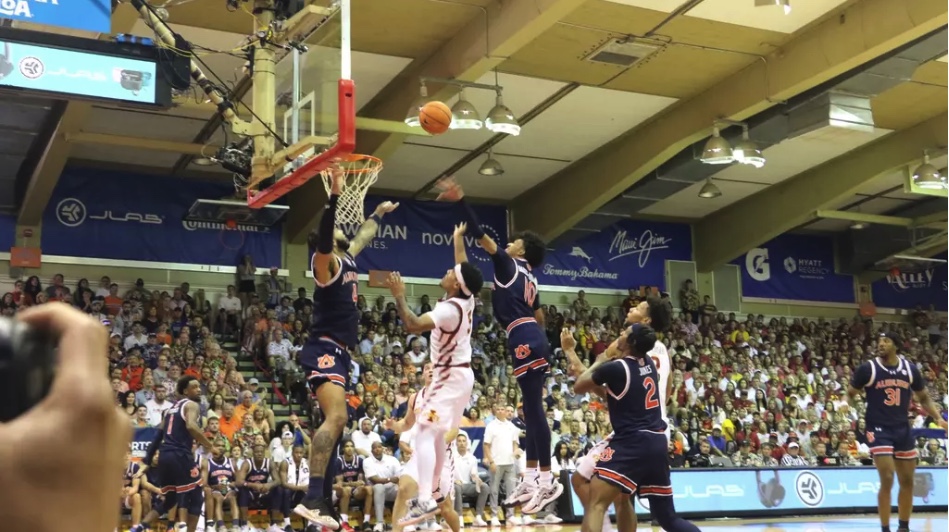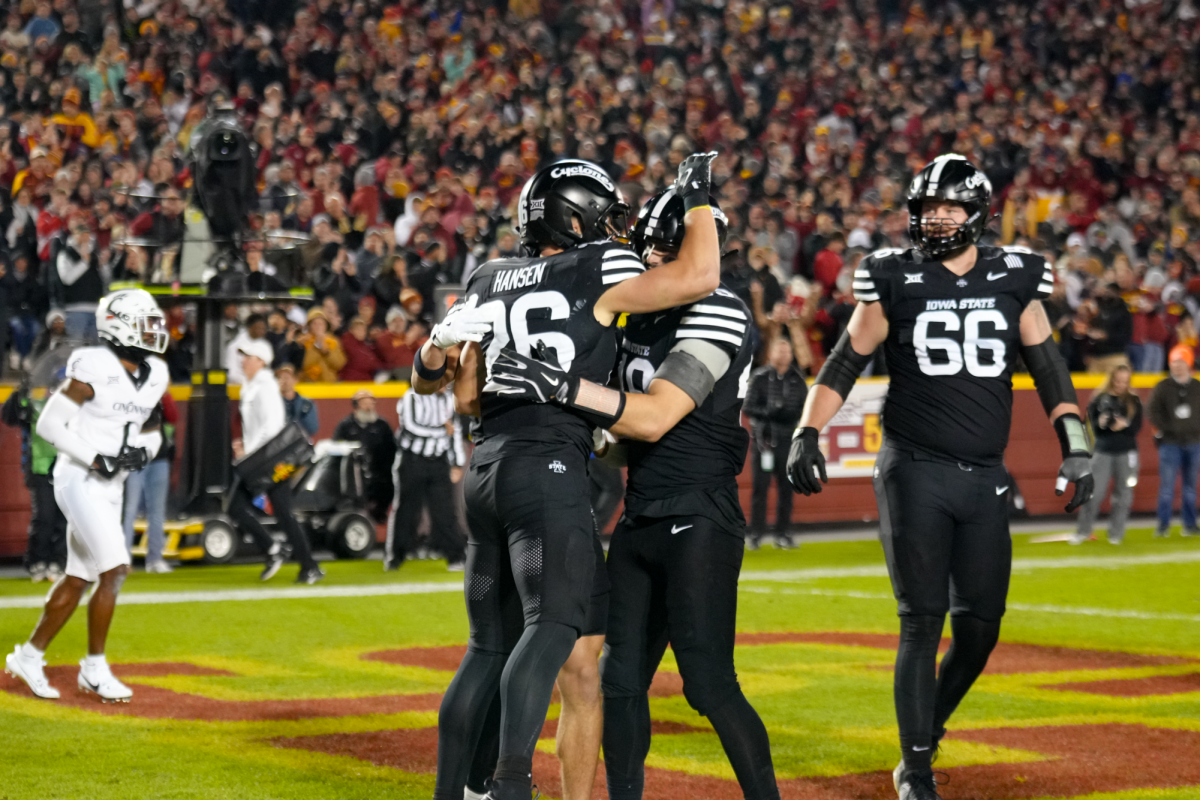COLUMN: What this country needs is love
January 29, 2003
Since the civil rights movement of the 1960s, affirmative action programs have been both praised and condemned. With the Supreme Court now hearing several cases concerning the University of Michigan’s admissions policies, it seems that a decision will come down that will greatly affect the future of affirmative action.
It will either be upheld as a worthy method of establishing diversity or it will be seen as reverse discrimination and removed. Of course, the vague 1978 ruling concerning affirmative action shows that it could also be left to interpretation.
The University of Michigan once used a point system for admission. This system is no longer in position but it provides an interesting, albeit extreme, example of affirmative action. The system awarded 20 admission points to any applicant from a number of groups labeled as ethnic minorities.
Those 20 points were equivalent to having a perfect high school grade-point average on a 4.0 scale. That is to say that an applicant from an ethnic minority group with a 3.0 GPA would score equally overall with a white student with a 4.0. I will repeat that the point system has been abolished, but there are still less obvious rewards for non-white applicants.
Most universities also give admission preference, even if slight, to applicants who have one or both parents that are alumni from that university. This gives an indirect advantage to white applicants because most past graduates of universities such as Michigan are white.
There are also statistics purportedly showing that standard tests such as the SAT and ACT favor white male test-takers. This is construed as a social prejudice favoring those whose backgrounds are similar to those who write the tests. This could also be attributed to what has been described as a racial pressure on young minorities trying to succeed in a strongly white culture.
Regardless of the reasons, minority groups continue to struggle with admissions and retention in institutions of higher education. I’m just not so sure that affirmative action is the answer, but I’m quite certain that something needs to be done.
Ethnic minorities often feel outnumbered and isolated at colleges and universities. Naturally, younger students lean on those with more experience in dealing with these situations. This allows the propagation of racially divided social groupings. Look around in your cafeteria — this world’s screwed up.
I offer a quick anecdote. You can decide if it means anything and what that meaning might be.
Last semester I was taking a night class in Ross Hall. Before one of the classes, I made my way into the men’s restroom. Two pairs of sneakers were visible under the closed doors of the first and last stalls. I positioned myself before the second urinal and began the process that earns that porcelain fixture its name.
A deep voice rolled out from one of the stalls behind me. “Who’s there?”
“Just a guy taking a pee,” I said.
The voice sounded like it came from a barrel chest. “Don’t be alarmed. We’re Negroes.” Their laughing covered my guffaw.
“Don’t be alarmed. I’m not.” I didn’t really think about it.
Their laughter was less genuine that time. I felt mocked. Quieter than before he said, “Get a rope.”
I said, “That’s an odd sense of humor.” I didn’t bother to wash my hands like I usually do.
It is important to be able to laugh at the bad stuff in life. If we can’t make it acceptable to joke about, how can we discuss it without a fear of offending someone?
I wasn’t offended by the exchange. I was just baffled.
This is my impression of race relations in colleges and universities. Most of the time it’s nothing. It goes mainly unnoticed. But occasionally, there is a baffling moment, one that doesn’t fit into our schema. We remember these because they are outlying from the norm.
It seems that America should be a pure meritocracy. The most qualified person gets the job, or the admission. But do we need to continue to level the playing field for a while longer until racial prejudice is a thing of the past? Could we just eliminate the ethnicity question on all of those Scantron sheets we fill out? We could even keep names private to eliminate the possibility of prejudice against names that sound black or Asian.
I don’t see many solutions to race relations. I can see one, though I don’t see it succeeding for long. It’s a method I read about in a science fiction novel by Arthur C. Clarke.
We need free love. I’m talking about interracial marriages. I don’t know how else to end the racial tensions but by essentially eliminating the distinct races. We would all just be the human race. Personally, I think we would make a beautiful blend. But what do I know?
Nathan Galloway is a senior in biology from Sheridan, Wyo.






